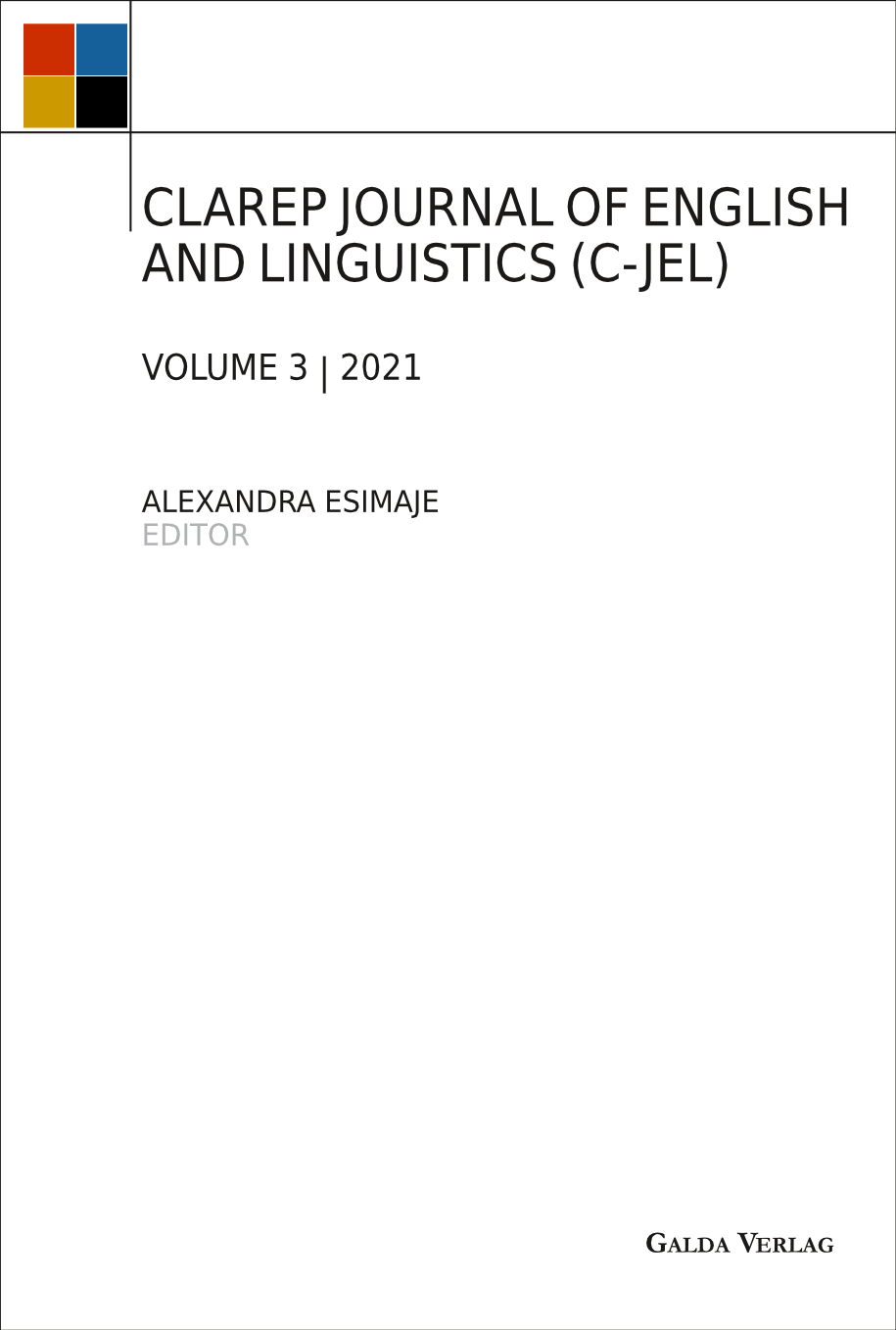Discourse Diversity in Language Use: A Pragmatic Inference of ‘I’m Coming’ in Ghanaian Interpersonal Communication
CLAREP Journal of English and Linguistics (C-JEL)
Author: Charles Ofosu Marfo
Institution: Kwame Nkrumah University and Science and Technology
Email: cmarfo@gmail.com
Author: Maxwell Mpotsiah
Institution: University of Education, Winneba
Email: mpotsiahmax@gmail.com
Abstract
In the context of speech act, one may ordinarily want to communicate with the other in a natural and coherent manner in order to generate and to give information. Such information delivery in speech is obviously expected to have a desirable adjacency relation within the confines of the communication channel, so that the interlocutors could achieve a very effective discourse of giving and receiving a better response system. This act of turn-taking relation is held supreme in all linguistic situations, but does not so obtain in all communicative situations. Within Ghanaian context, this study seeks to look into various discoursal roles and diversities that the expression ‘I’m coming’ fulfils in different communicative situations to champion a reflective course of interlocutors. In doing this, the study adopts Wilson and Sperber’s (1995) Relevance Theory, which sees every speech event to be dictated by different communicative factors. It also attempts to examine how meaning is derived and interpreted to suit its rightful context of communication in human discourse. Data used for the study was derived from a primary source where the researchers observed the use of ‘I’m coming’ in different social contexts. The study observes that, in Ghanaian socio-pragmatic contexts, ‘I’m coming’ could express diverse definitive roles and that, even though, it has become a general expression, it is genuinely used to provide different meanings in different situations.
Keywords
context, diversity, inference, interpersonal communication, socio-pragmatics
Pages: 65-81
ISSN: 2698-654-X
ISBN: 978-3-96203-205-0 (Print)
ISBN: 978-3-96203-206-7 (PDF)
DOI: https://doi.org/10.56907/g0op0wy8

